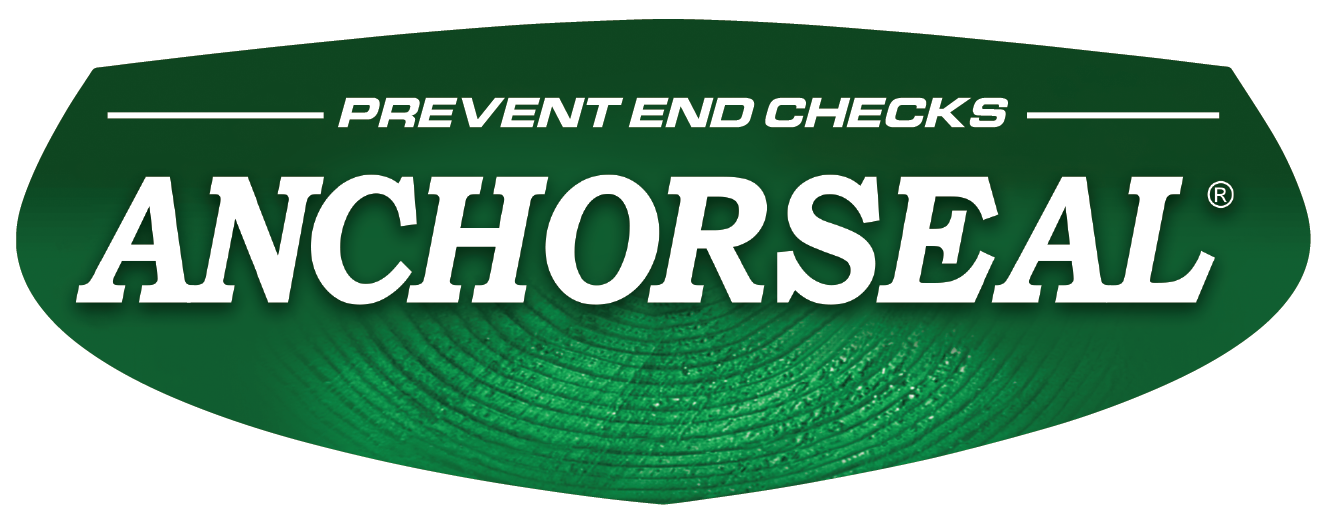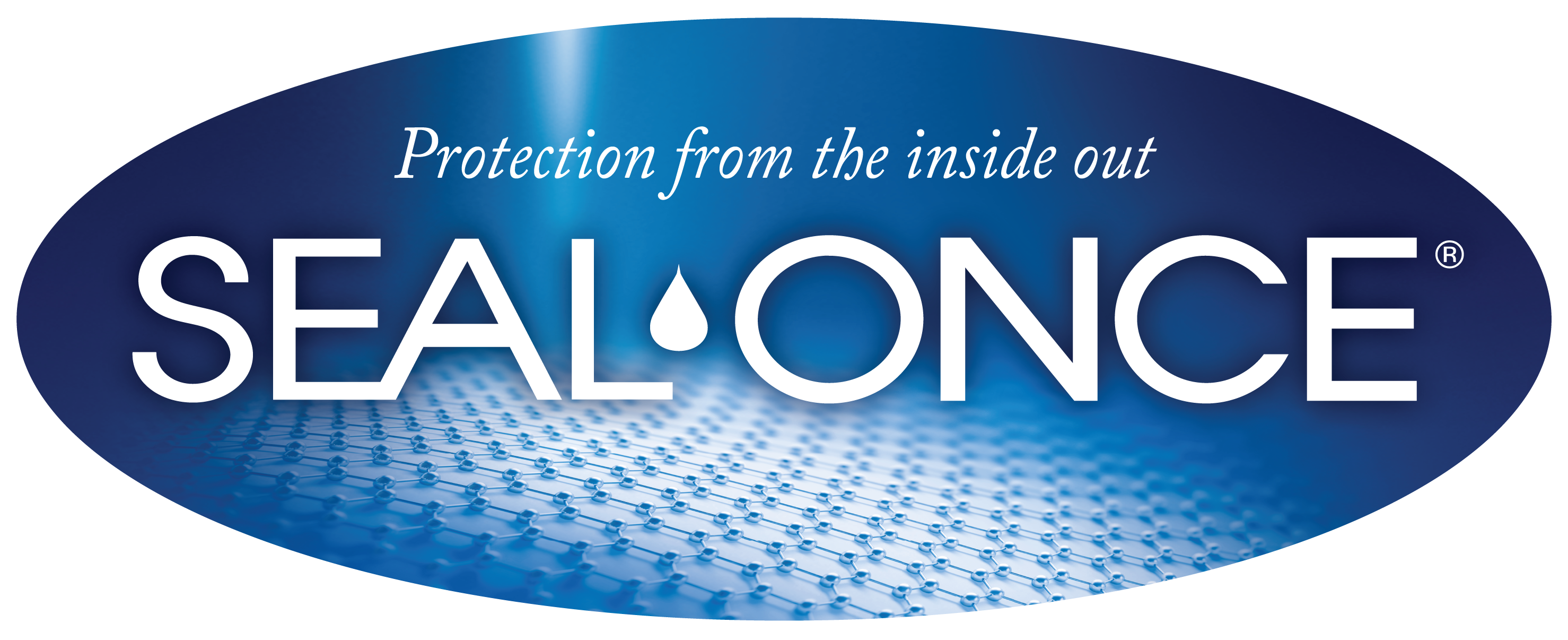Understanding Wood Checking
Wood is a timeless and versatile material, favored for its natural beauty and durability. However, the very nature that makes wood appealing also subjects it to a common problem: checking and splitting. This issue arises as wood dries, shrinking in the process. The shrinkage is uneven, occurring roughly twice as much along the growth rings (radially) as across them (tangentially), leading to splits and cracks, known in the industry as checks.
The root of this problem lies in wood’s composition and its hygroscopic nature. A living tree is made up of nearly 50% water. When wood is cut and used in construction or manufacturing, it begins to lose this moisture, absorbing and releasing water like a sponge. This process is natural but can compromise the wood’s structural integrity and aesthetic appeal.
An Innovative Solution to Wood Checking
Addressing this challenge is where End Guard comes into play. End Guard is designed to significantly reduce the occurrence of end checks and drying splits, offering up to 90% effectiveness in preventing these common wood issues. What sets End Guard apart is its water-based, non-toxic formula. It contains no harmful solvents, ensuring safety during application, with the convenience of soap and water cleanup.

The Advantages of Using End Guard
End Guard is versatile, suitable for a range of wood types including Cedar, Pressure Treated wood, and various exotic hardwoods such as Ipe decking. Its formulation is a hybrid of plant-based polymers and wax, providing a protective barrier that effectively shields the wood from the adverse effects of drying. This makes End Guard an economical yet high-performance choice for those looking to preserve the natural beauty and integrity of their wood products.
Preventing Wood Checking with End Guard
For deck owners and wood enthusiasts, the application of End Guard means not only protecting their investment but also extending the lifespan of their wood structures. It is particularly effective for tropical hardwoods commonly used in decking, such as ipe, Brazilian walnut, mahogany, and tigerwood, which are known for their durability and resistance to decay. By applying End Guard to freshly cut ends, the wood is safeguarded against up to 90% of end checking, ensuring the longevity and aesthetic quality of the deck.
The natural phenomenon of wood checking and splitting poses a significant challenge to preserving the integrity and appearance of wood products. SEAL ONCE’s End Guard offers a practical and effective solution to this problem, ensuring that wood remains a viable and enduring choice for building and decorative purposes.
If you have a specific question about wood checking or about our products, please reach out to us and our team would be happy to help. Have a thought? Go ahead and drop it in the comments!














